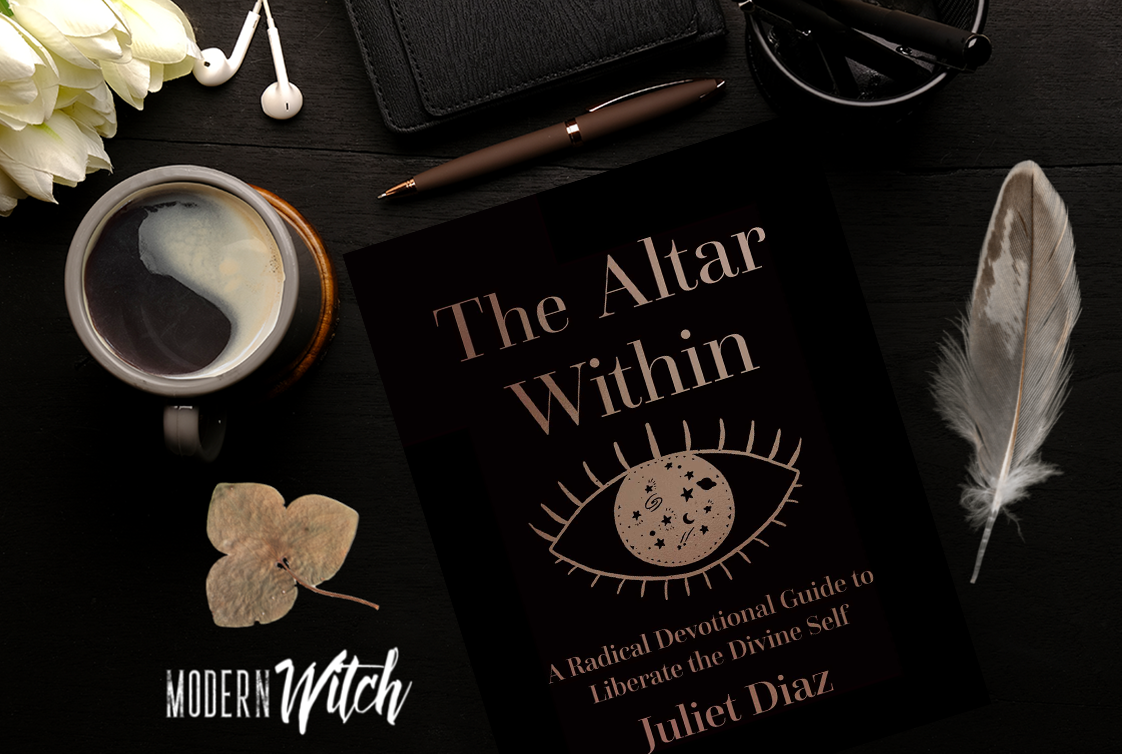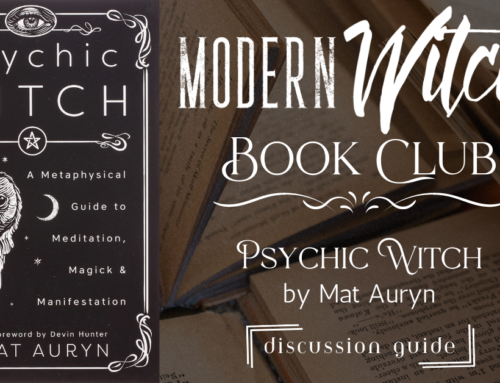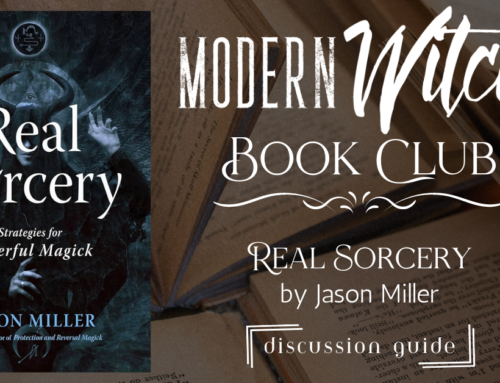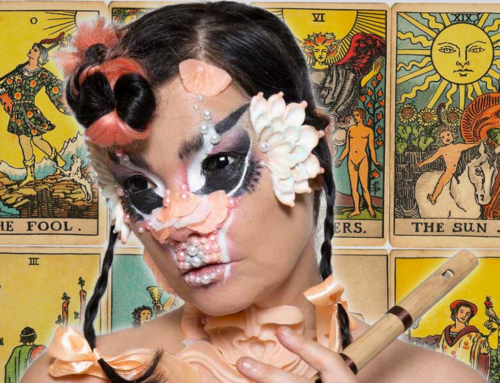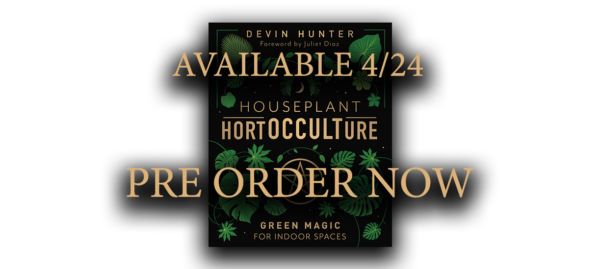Juliet Diaz has become one of the most important voices in witchcraft today, and her book The Altar Within: A Radical Devotional Guide to Liberate the Divine Self is a perfect example of why. In my book Mastering Magick I wrote, “By self-transformation, I don’t mean spiritually bypassing yourself or others. I mean actual, genuine growth and transformation, which is often ugly, messy, uncomfortable, and at times painful.” That is the spirit of this book. Juliet asks you, the reader, to take an honest look at yourself, recognize what you’ve been hiding in your shadow self, look at how you’ve been spiritually bypassing yourself, decolonize your witchcraft, and find your strength in this deconstruction and rebuilding of oneself. In the process, you discover that your true authentic self is divine and worthy of worship. She also dispels what that means: self-worship isn’t about narcissism or megalomania but embracing your inherent divinity from which your power source, as a witch, flows.
My favorite authors feel like they’re having a conversation with you as you read, and Juliet is one of those authors. Reading her books is like chatting with your magickal bestie. Her genuine care and concern for the reader pours from every page of The Altar Within, and it’s clear that she wants to empower people. She emphasizes her message for the marginalized in our society who need empowerment the most. I’ve read several reviews by disgruntled folks saying that the book is anti-white. I strongly disagree, as a white cis-gender person myself. If reading the book makes you feel uncomfortable, as I mentioned above in my quote, that’s the point. Privilege is like having blinders on; you don’t see it at first when you have it, and it doesn’t mean that your life has been easy. It just means your life hasn’t been difficult solely due to your privilege. If you’ve had difficulties, they’re unrelated to the areas you’re privileged in, whereas others have difficulties in society and life due to those same areas that you don’t due to your privilege that’s been shielding you from those exact difficulties.
That all being said, I don’t feel like the The Altar Within “isn’t for white people” or necessarily “anti-white” just because it doesn’t center itself on white folks. The book is for everyone, and there are points where every reader should feel slightly uncomfortable as they take an honest evaluation of themselves. However, the book isn’t about guilt or shame, it’s about empowerment, and the reader will come out of the other side centered on their power, a power of authentic truth regarding who they are. While the book may not feel “witchy” on the surface, focusing on introspection and journaling prompts is some of the most potent work a witch can do. The results will empower the reader’s life, their magick, and sense of self, which is crucial. In her own words, she writes in the book, “Connecting to the Altar within is a practice in reclaiming your power, magic, mind, body, and Spirit. It is a remembrance of who you truly are. It is you taking responsibility for your own life, health, growth, and expansion. No one else is going to do this for you; no one else is coming to save you or to magically manifest your life in the direction you want it to go. You are capable of taking your power back, of freeing yourself and creating a life you have always dreamed of.” Definitely don’t miss this book, everyone needs to read it.
View this post on Instagram

